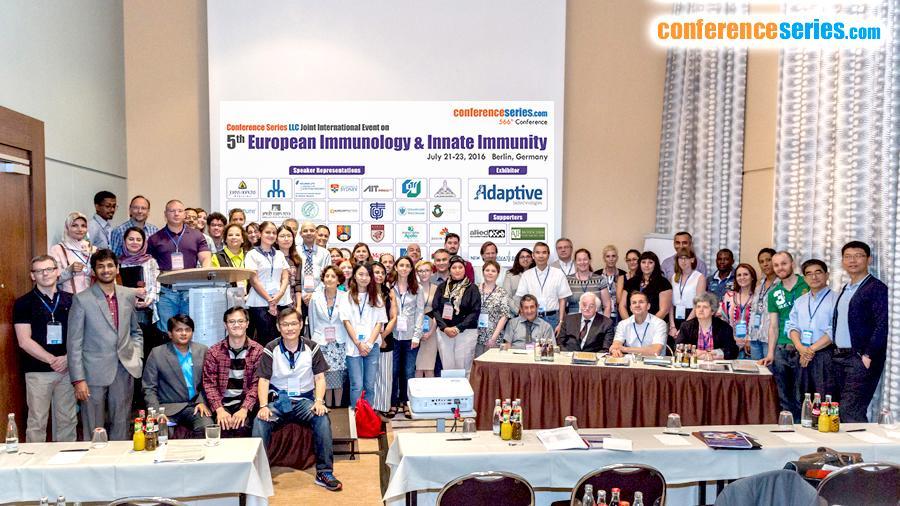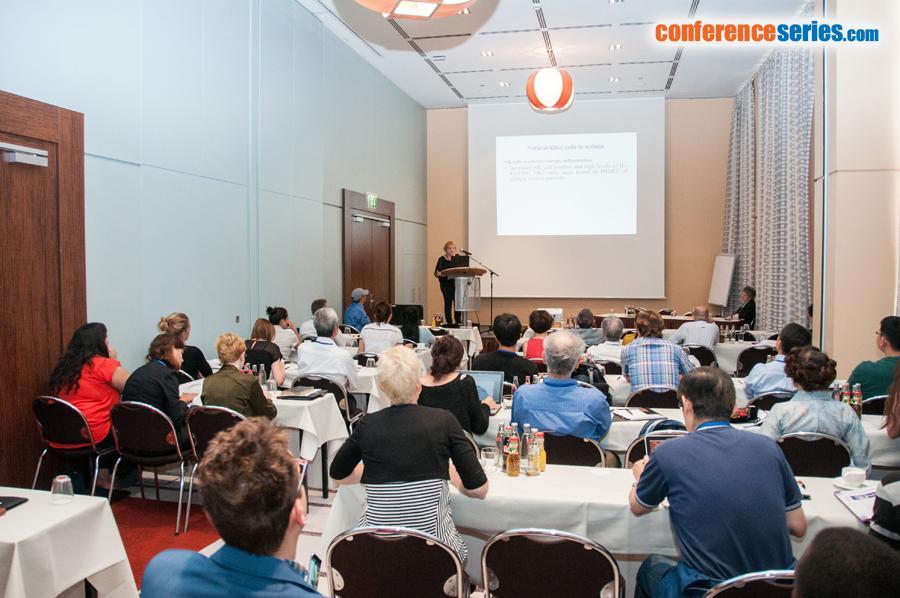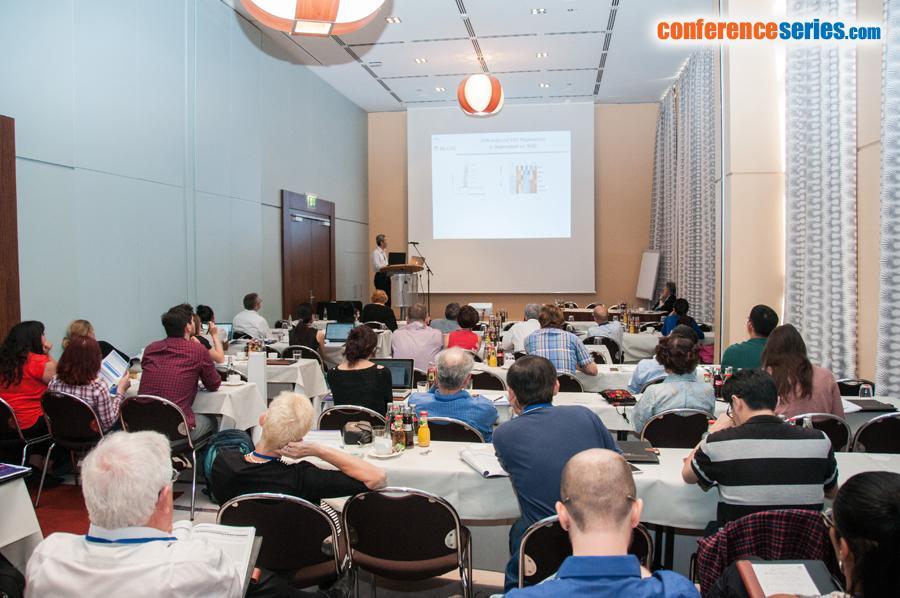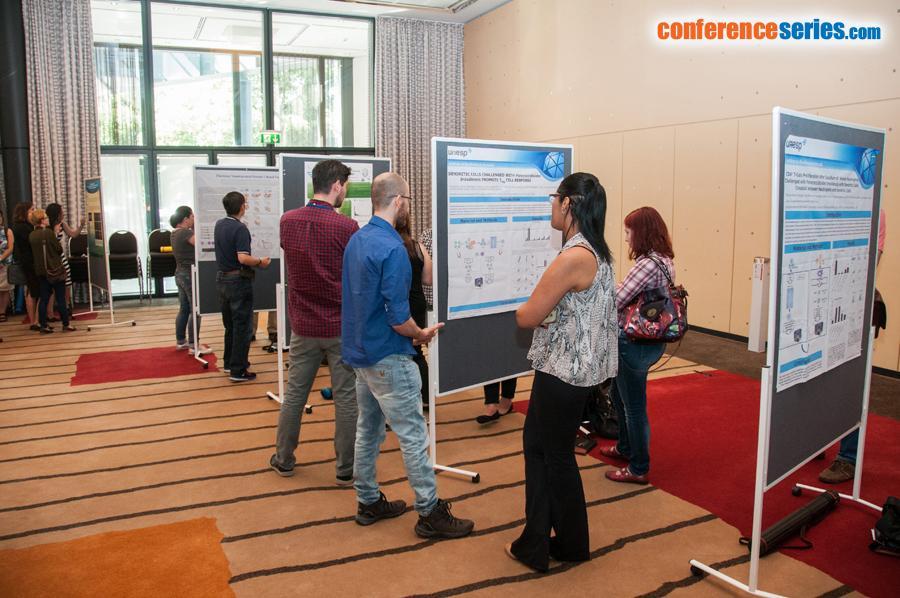
Miao Dong
City University of Hong Kong, Hong Kong
Title: Collection and characterization of potentially novel antimicrobial peptides from Japanese medaka plasma
Biography
Biography: Miao Dong
Abstract
The excessive use of antibiotics in aquaculture contributes to the uprising of antibiotic resistance that threatens human health. We explore the innate immunity of fish for naturally occurring antimicrobial factors that can be developed into potential antibiotic agents. Antimicrobial peptides (AMPs) have been studied in many organisms but efforts on the systematic identification of AMPs in fish have been lacking. In this study, we systematically identified naturally occurring peptides in medaka plasma. Blood collected from medaka of different gender, age and infection status were combined and thereby providing a resource of plasma macromolecules under various possible physiological conditions. Peptides under the molecular weight of 3 kDa were fractionated and purified followed by mass spectrometry analysis. In total, 6483 unique peptides were identified against the medaka genome, constituting a database of circulating peptides in this organism. After evaluation with a combination of web based prediction tool and conserved physicochemical properties of AMPs, 83 potential antimicrobial peptides were predicted. One of them, a 13-residue peptide named VPS13D3241-3253, showed broad spectrum toxicity on fish and human pathogenic bacteria (Gram positive or Gram negative) without significant cytotoxicity on mammalian cell lines. Scanning electron microscopy indicated that VPS13D3241-3253 disrupted the cell wall of both Gram positive and negative bacteria. SOS response assay showed that this peptide efficiently induced DNA damage in bacteria. The identification of VPS13D3241-3253 illustrates the feasibility of the proteomic approach in the discovery of potentially novel AMPs from fish. These AMPs will form an important basis for the development of new antibacterial agents in the fishery.
Speaker Presentations
Speaker PDFs
Speaker PPTs Click Here






